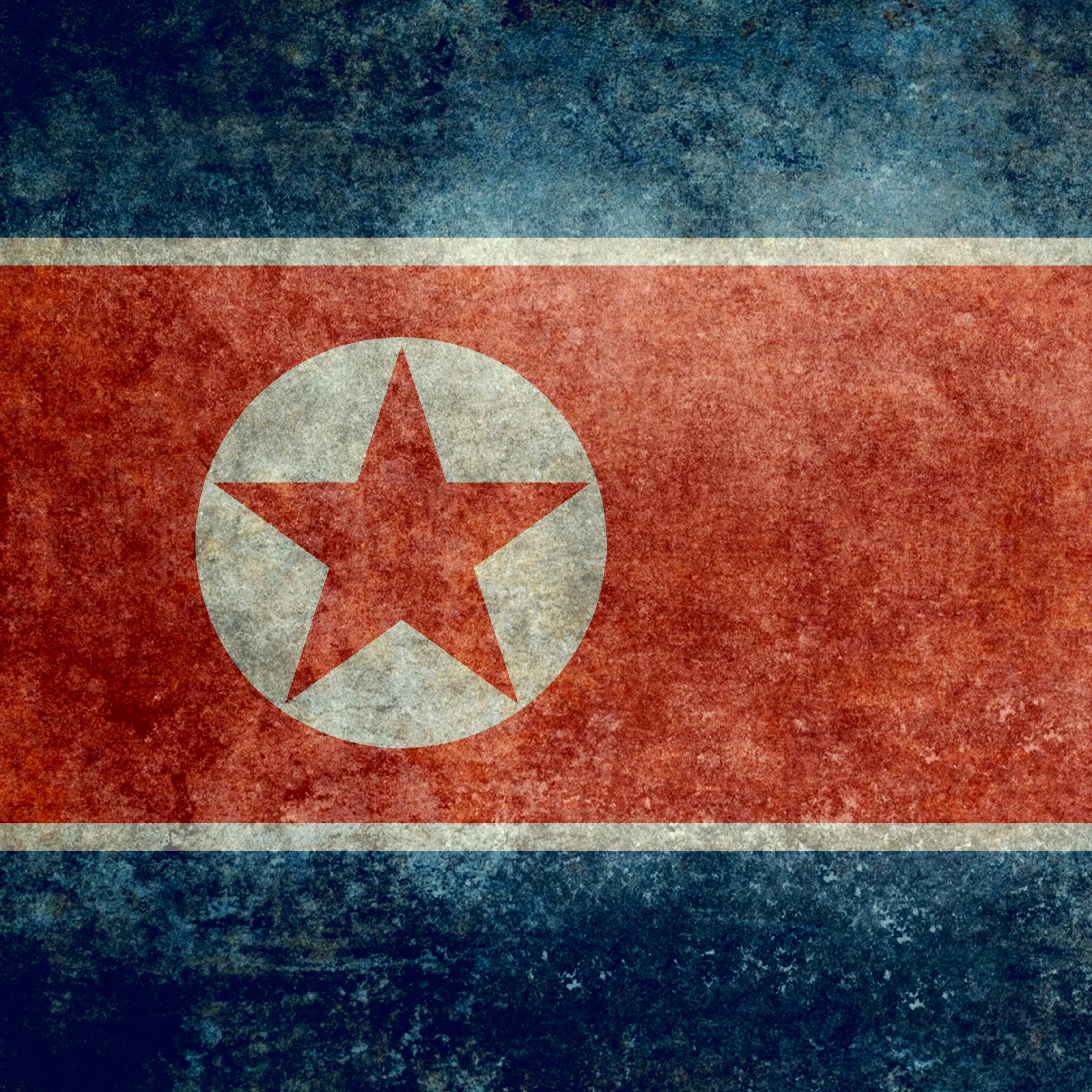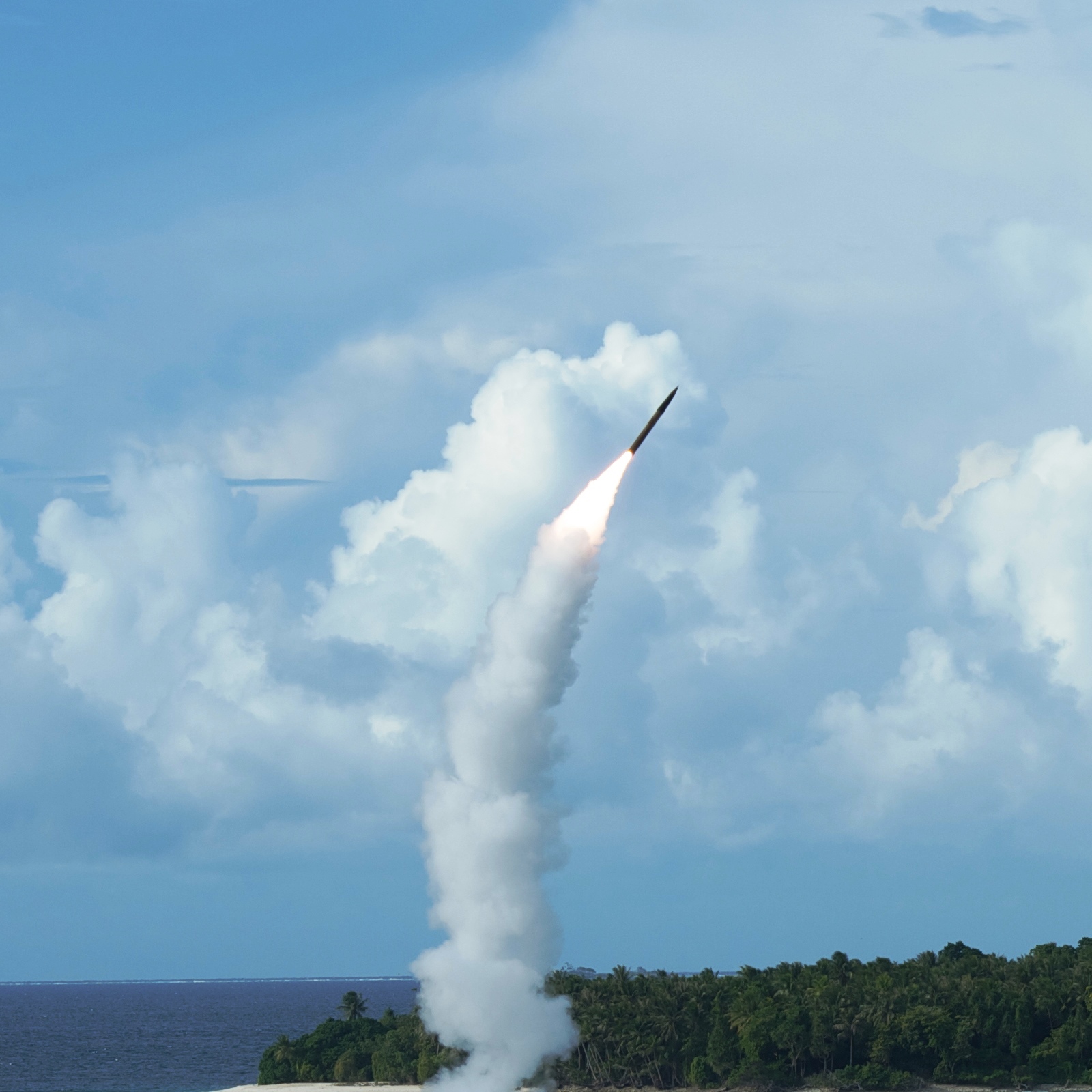
On July 28, the government of North Korea launched a missile that could theoretically reach the west coast of the United States. As with a similar test on July 4, the missile was launched on a steep trajectory that experts calculated could be flattened out and reach Denver or Chicago, perhaps even Boston, New York, and Washington, D.C.
The missile reached an altitude of approximately 2,300 miles and flew about 600 miles downrange before plunging into the Sea of Japan, implying a range of about 6,500 miles if flown on a standard trajectory. Los Angeles is 5,900 miles from North Korea, Chicago is 6,500 miles away, and Washington is 6,850 miles away, just out of range.
On Saturday, the United Nations Security Council voted unanimously to impose its toughest sanctions ever on the Democratic People’s Republic of Korea (DPRK), or more commonly, North Korea. The punishing sanctions are meant to convince the country to abandon its nuclear weapon program or face an embargo on its export that could cost the impoverished country about $1 billion of its already meager annual export revenue.
Economically, North Korea is one of the poorest countries in the world. Its population of about 25 million lives in extreme poverty, with annual estimated per capita income of $1,800 according to the CIA Factbook.
Because the DPRK’s economy is highly dependent on China, the Chinese decision to support Security Council’s sanctions may signal a new determination by China to force North Korea and its leader, Kim Jong-un, to stop the launches and to stop work on building a nuclear warhead that is small enough for the Hwasong-14 missile to carry to U.S. cities. About 75% of the country’s $4.15 billion in exports are sent to China and 76% of its $4.8 billion in imports come from China.
The Security Council resolution prohibits all exports of North Korean coal, iron, iron ore, lead, lead ore, and seafood. The sanctions also include more restrictions on the country’s Foreign Trade bank and forbids North Korea from sending more workers abroad.
According to the CIA Factbook, North Korea is a source country for men, women, and children who are subjected to forced labor and sex trafficking. Workers are not free to change jobs and “tens of thousands” of North Koreans, including children, are held in prison camps and subjected to forced, heavy labor.
In addition, the country sends tens of thousands of its citizens to both Russia and China where they work under near-slavery conditions and have most of their earnings confiscated by the DPRK, according to a report in The New York Times.
Nearly two-thirds (63%) of the DPRK’s total labor force of 14 million works in the industry and services sectors. The remaining 37% work in agriculture. The CIA Factbook notes that unemployment ran to 25.6% in 2013, about equal to the unemployment rate in Greece.
The country’s capital city is Pyongyang and the executive branch of the DPRK’s government is headed by Kim Jong-un, the grandson of Kim Il Sung and the son of Kim Jong-il who had ruled the country since its founding in 1948. The former has been designated the Eternal President and the latter the Eternal General Secretary. The current Premier is Pak Pong Ju and there are eight vice premiers.
The unicameral legislature, the Supreme People’s Assembly, is elected by citizens 17 years of age and older and serve for five-year terms. The Korean Worker’s Party selects all candidates.
The DPRK’s judicial system consists of a Supreme Court comprised of a chief justice and 2 “people’s assessors.” The judges are elected to five-year terms by the Supreme People’s Assembly. The system includes provincial, municipal, military, special courts, and people’s courts.
The country’s literacy rate is 100% and both males and females attend school for 12 years.
The life expectancy in the country is estimated at 70.4 years, comprised of an average of 66.6 years for men and 74.5 years for women. Nearly half (44%) of the population falls in the 25 to 54 year old age category and less than 10% of the population is over 65 years old. In the United States, just over 15% of the population is over 65 year old and less than 40% falls in the 25 to 54 age range.
According to a U.S. Defense Department report, over 1 million soldiers serve in the Korean People’s Army. That total includes ground, air, naval, missile and special operations forces. The United States active duty roster in 2015 totaled 1.43 million. The U.S. population of about 320 million is more than 10 times that of the DPRK.
According to a recent report from Australia’s News.com.au, North Korea spends as much as 22% of its $40 billion GDP on its military. U.S. defense spending, though much higher at $600 billion, represents about 3.3% of U.S. 2015 GDP of more than $18 trillion.
A report from Global Fire Power estimates that the DPRK’s defense budget is $7.5 billion, ranking it 23rd in the world for military spending. The country’s army includes 5,025 tanks, 4,100 armored fighting vehicles, 2,250 self-propelled guns, 4,300 towed artillery pieces, and 2,400 multiple launch rocket systems.
The North Korean air force counts 944 total aircraft including 458 fighters, 572 fixed-wing attack aircraft, 100 transport aircraft, 169 trainers, 202 helicopters, and 20 attack helicopters.
The North Korean navy includes a total strength of 967 vessels, including 438 coastal defense craft, 76 submarines, 25 mine-warfare ships, 11 frigates, and 2 corvettes. The country has no aircraft carriers or destroyers.
The Defense Department report states that North Korea has been an exporter of conventional arms and ballistic missiles for several decades. Weapons sales are a critical source of foreign currency for the country, which is unlikely to cease export activity in spite of UN Security Council sanctions
Journalist and newsletter writer Bill Bishop (sinocism.com and @niubi) wrote on July 29:
The latest North Korean missile test is another sign of the progress in their program and the failure of existing approaches, or more likely the lack of any credible options that have any reasonable chance of achieving denuclearization without the incineration of parts of Seoul, Tokyo and possibly Northern China.
That is a bleak outlook. Following that path, the only choice may be to accept North Korea as a member of the nuclear club. If that happens, look for Iran to come knocking on the clubhouse door as well.
The #1 Thing to Do Before You Claim Social Security (Sponsor)
Choosing the right (or wrong) time to claim Social Security can dramatically change your retirement. So, before making one of the biggest decisions of your financial life, it’s a smart idea to get an extra set of eyes on your complete financial situation.
A financial advisor can help you decide the right Social Security option for you and your family. Finding a qualified financial advisor doesn’t have to be hard. SmartAsset’s free tool matches you with up to three financial advisors who serve your area, and you can interview your advisor matches at no cost to decide which one is right for you.
Click here to match with up to 3 financial pros who would be excited to help you optimize your Social Security outcomes.
Have questions about retirement or personal finance? Email us at [email protected]!
By emailing your questions to 24/7 Wall St., you agree to have them published anonymously on a673b.bigscoots-temp.com.
By submitting your story, you understand and agree that we may use your story, or versions of it, in all media and platforms, including via third parties.
Thank you for reading! Have some feedback for us?
Contact the 24/7 Wall St. editorial team.
 24/7 Wall St.
24/7 Wall St.

